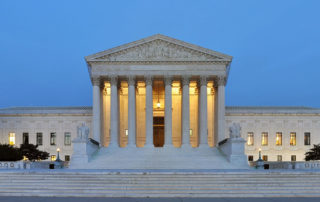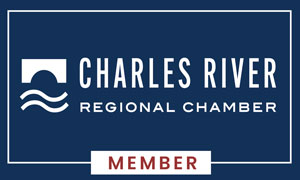Understanding the MHPAEA: Enhancing Mental Health Parity and Equity
The Paul Wellstone and Pete Domenici Mental Health Parity and Addiction Equity Act of 2008 (MHPAEA) was passed to ensure that individuals in group health plans or with group or individual health insurance coverage who seek treatment for covered mental health conditions or substance use disorders do not face greater barriers to accessing benefits for such mental health conditions or substance use disorders than they would face when seeking coverage for the treatment of a medical condition or for a surgical procedure.
Ensuring Parity: Key Provisions of the MHPAEA
The MHPAEA mandates that the financial requirements and treatment limitations applicable to mental health benefits or substance use disorder benefits be […]









